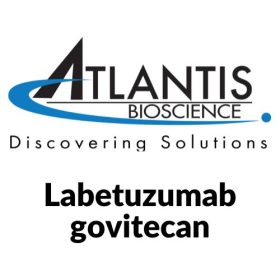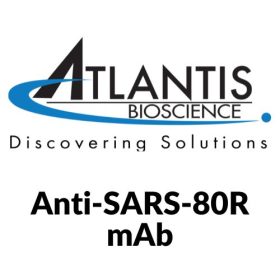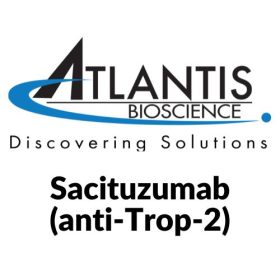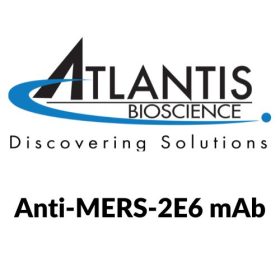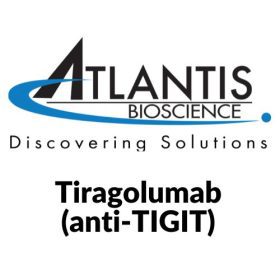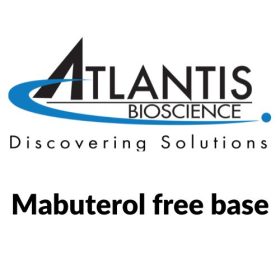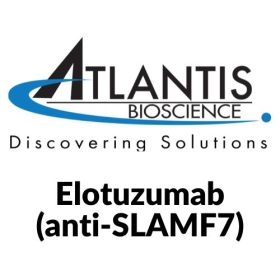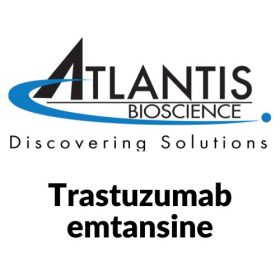Avelumab is a fully human IgG1 anti-PD-L1 monoclonal antibody. Avelumab shows potential antibody-dependent cell-mediated cytotoxicity.
[accordions]
[accordion title= “Animal Research“]
Female C57BL/6 mice are used in this study. Subcutaneous tumor injections are carried out by inoculating C57BL/6 mice with 1×105 MB49 parental cells on the right shaved flank. Tumor growth is measured with calipers and 8 days post-inoculation mice are assigned to treatment groups. Tumor-bearing mice are treated with Avelumab (400 μg per 100 μL) and injected i.p. three times, 3 days apart. Since Avelumab is a human IgG1, three injections have to be compressed within a 7 to 9 day window (i.e., days 9, 12, and 15 post-tumor inoculation) to avoid the onset of neutralizing mouse anti-human Ig[3].
[/accordion]
[accordions]
[accordion title= “Chemical Properties“]
| Molecular Weight | 147 kDa |
| CAS No. | 1537032-82-8 |
[/accordion]
[accordions]
[accordion title= “References and Literature“]
1. Fujii R, et al. Enhanced killing of chordoma cells by antibody-dependent cell-mediated cytotoxicity employing the novel anti-PD-L1 antibody avelumab. Oncotarget. 2016 Jun 7;7(23):33498-511.2. Grenga I, et al. A fully human IgG1 anti-PD-L1 MAb in an in vitro assay enhances antigen-specific T-cell responses. Clin Transl Immunology. 2016 May 20;5(5):e83.3. Vandeveer AJ, et al. Systemic Immunotherapy of Non-Muscle Invasive Mouse Bladder Cancer with Avelumab, an Anti-PD-L1 Immune Checkpoint Inhibitor. Cancer Immunol Res. 2016 May;4(5):452-62.
[/accordion]


